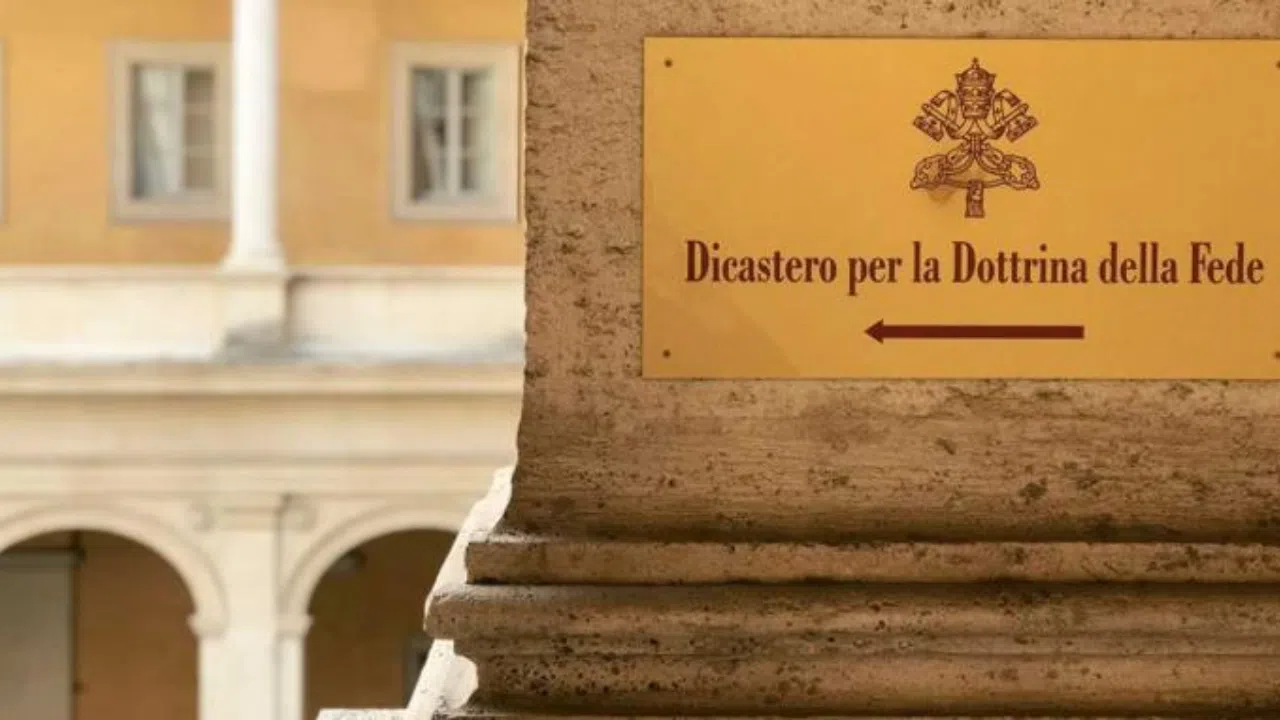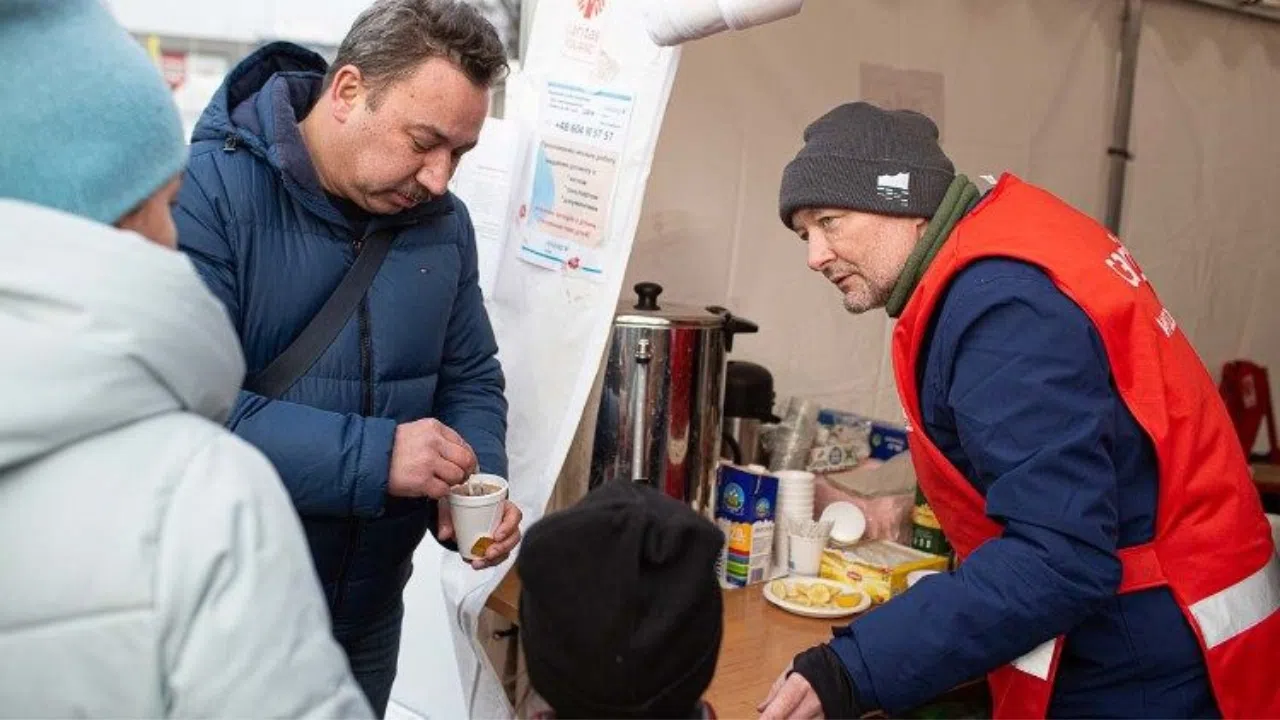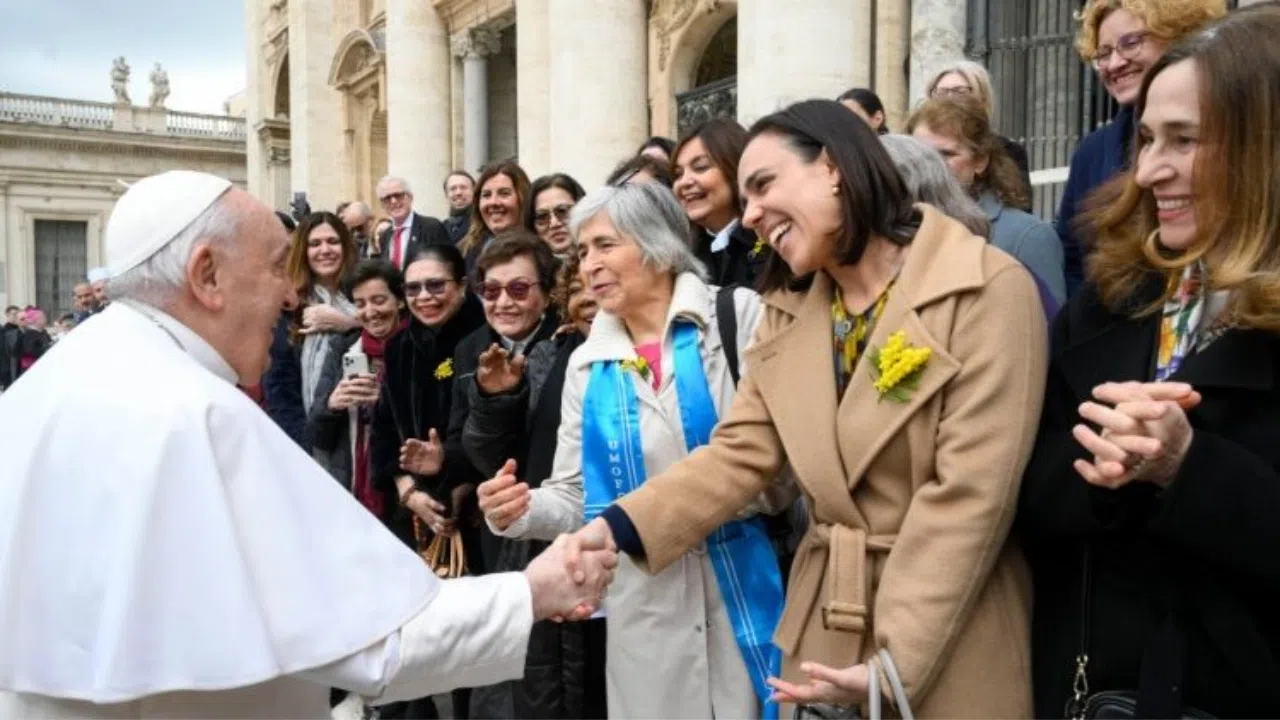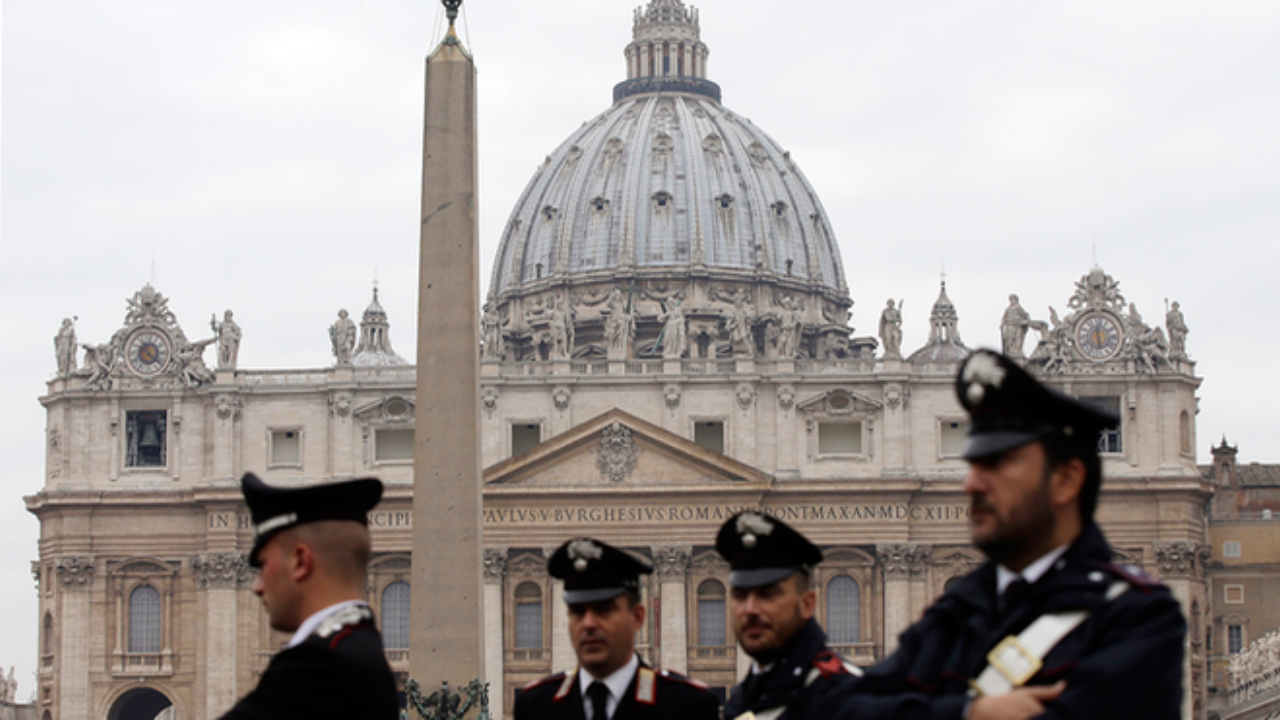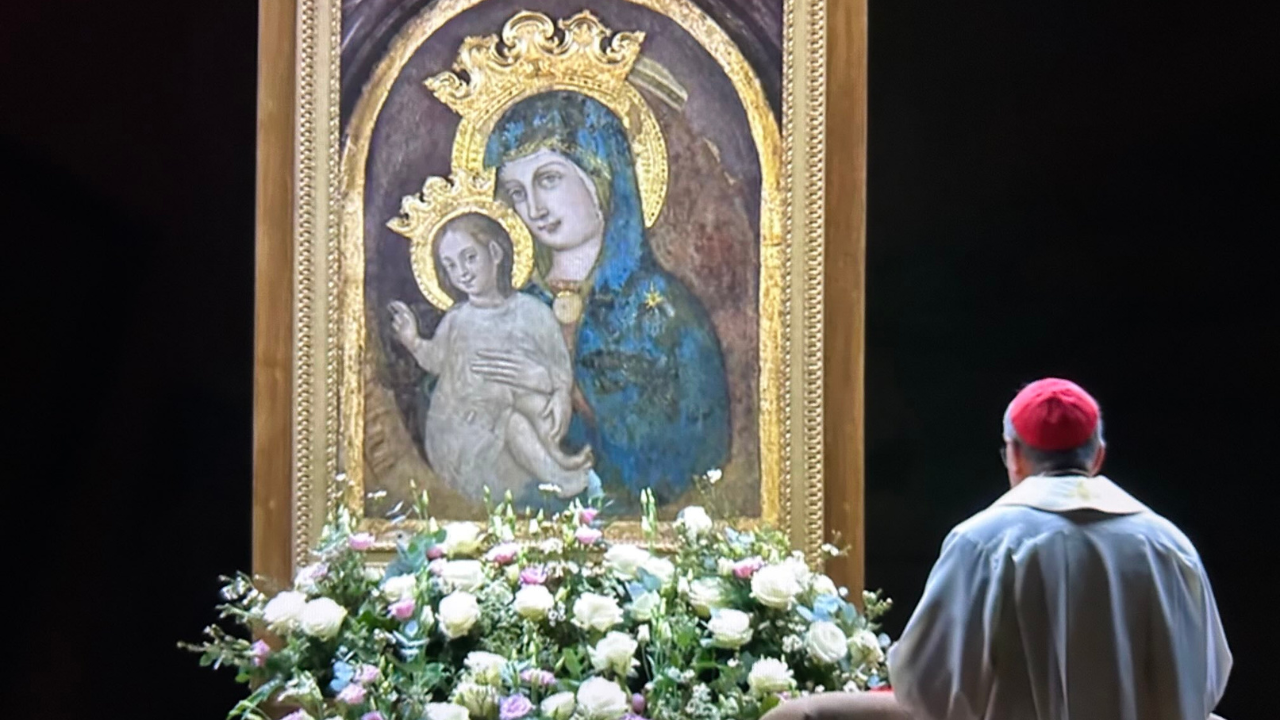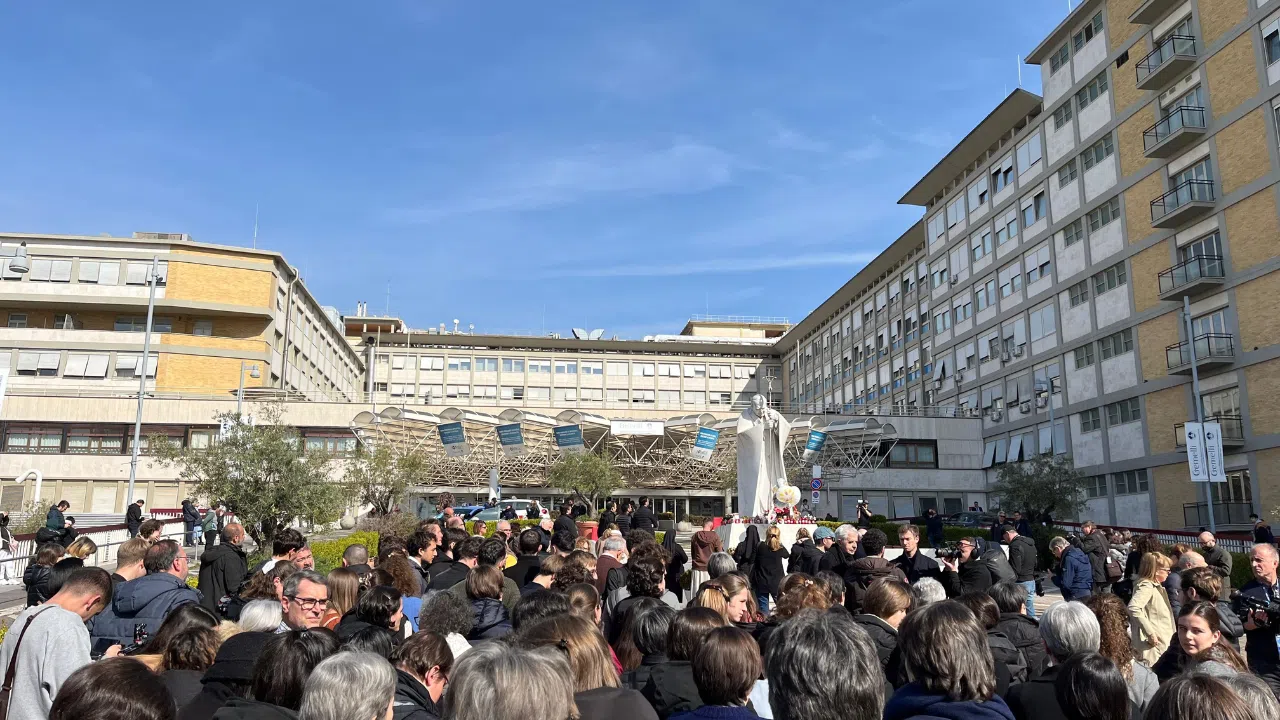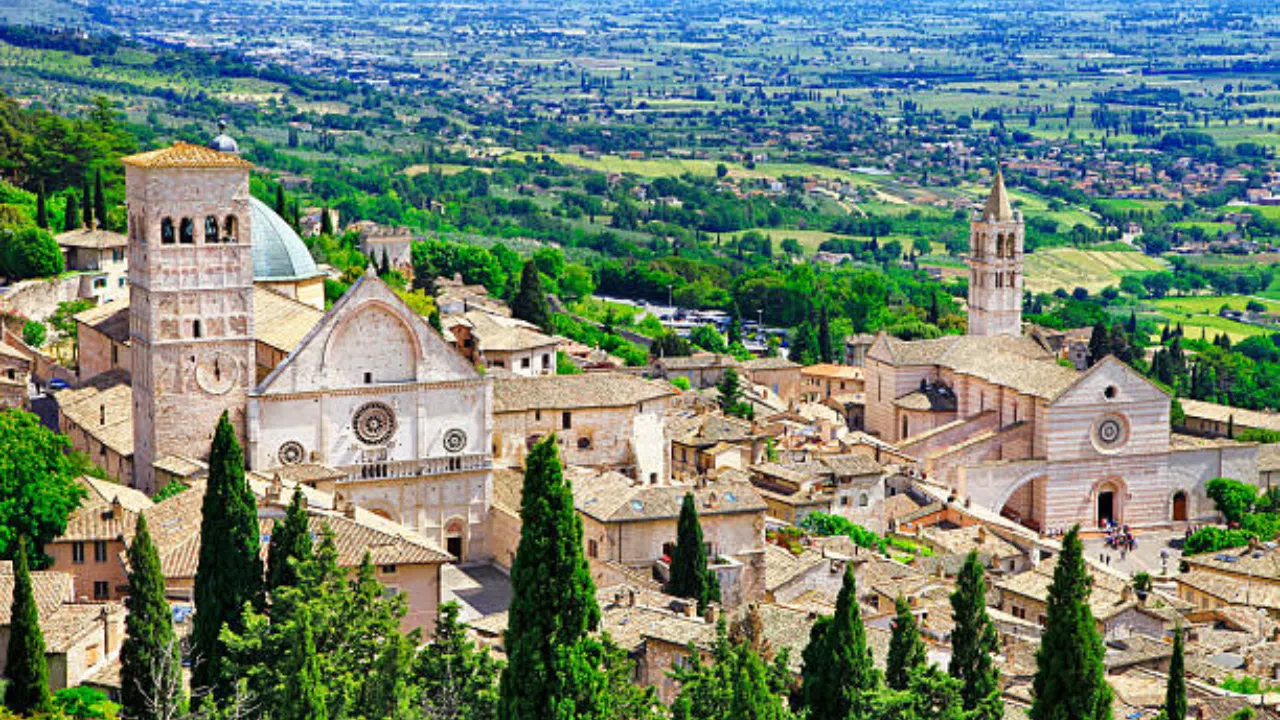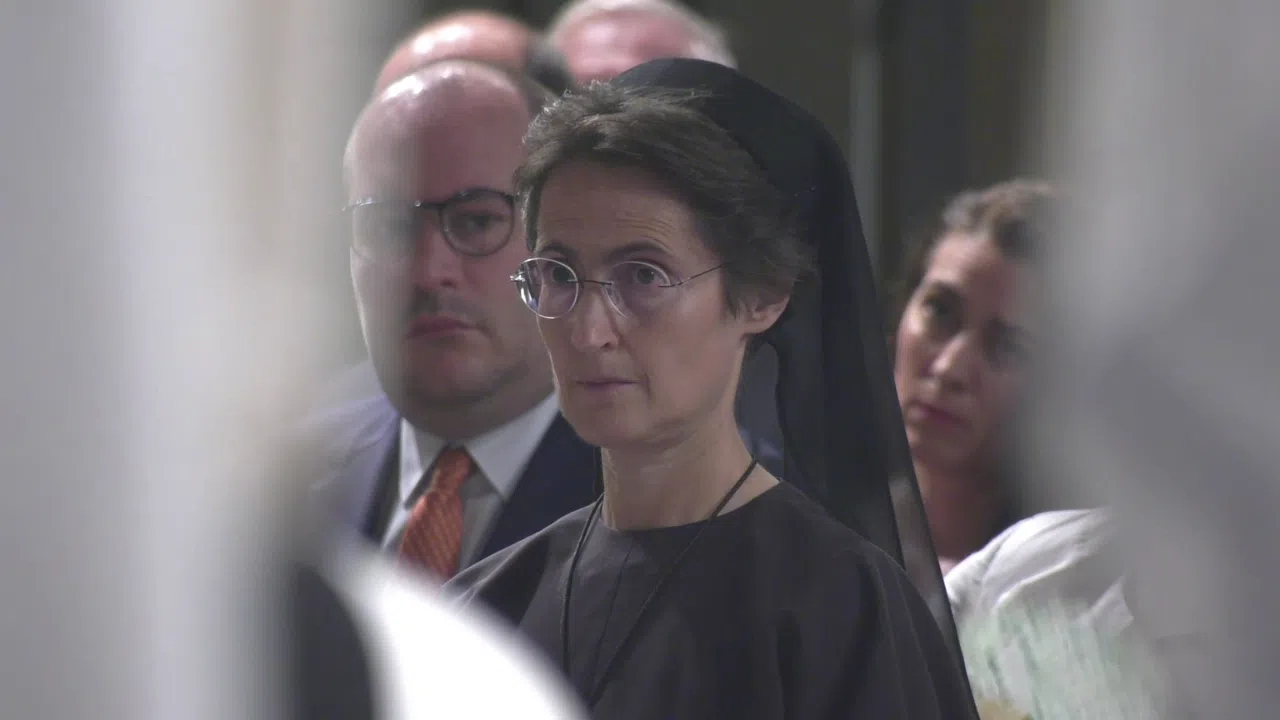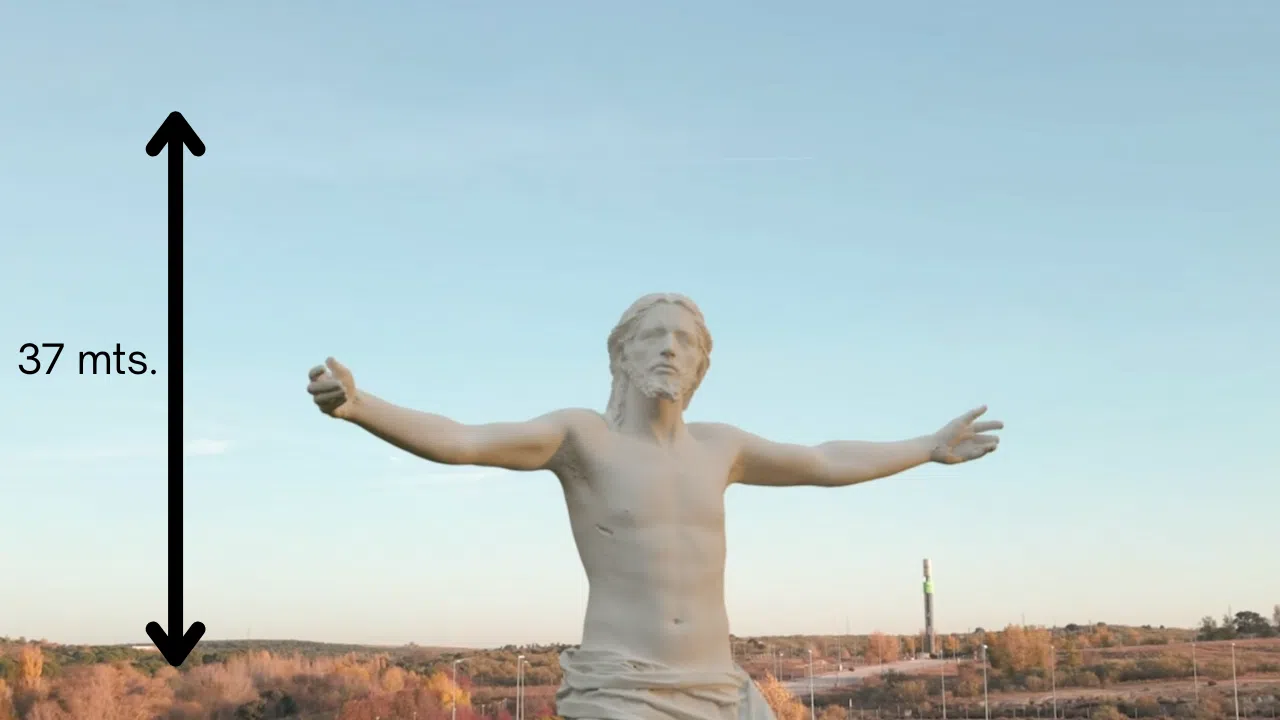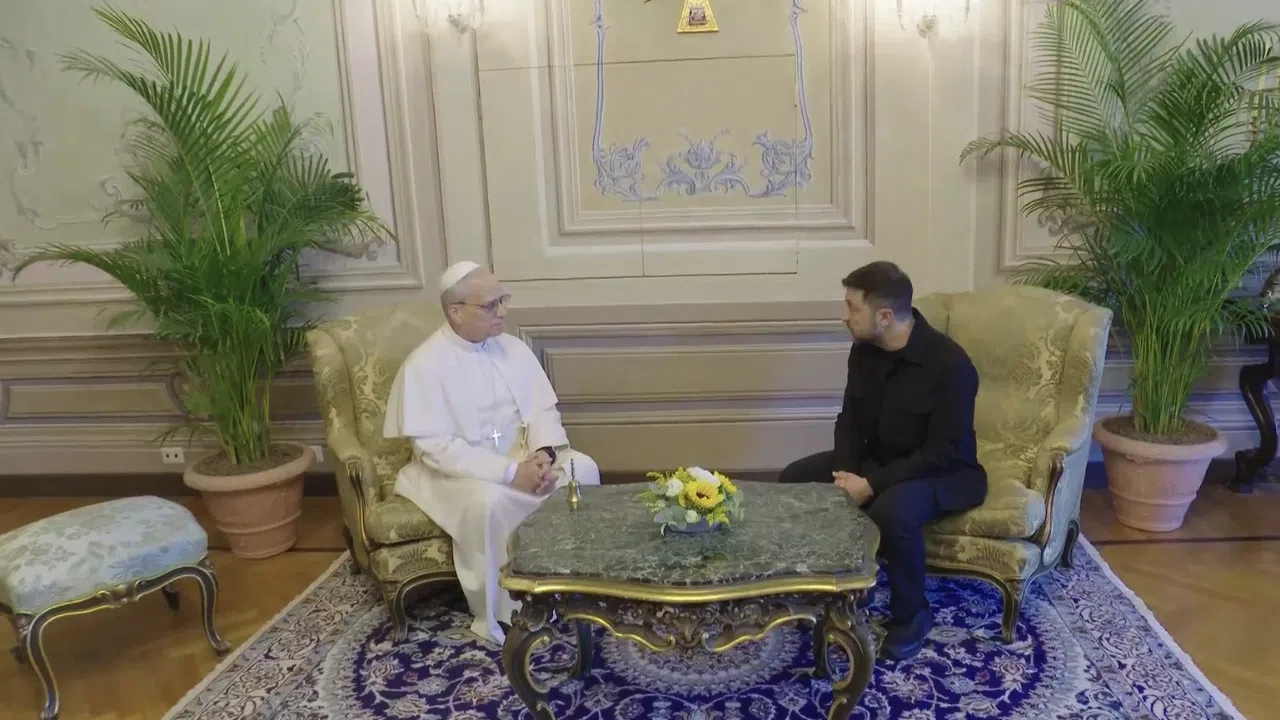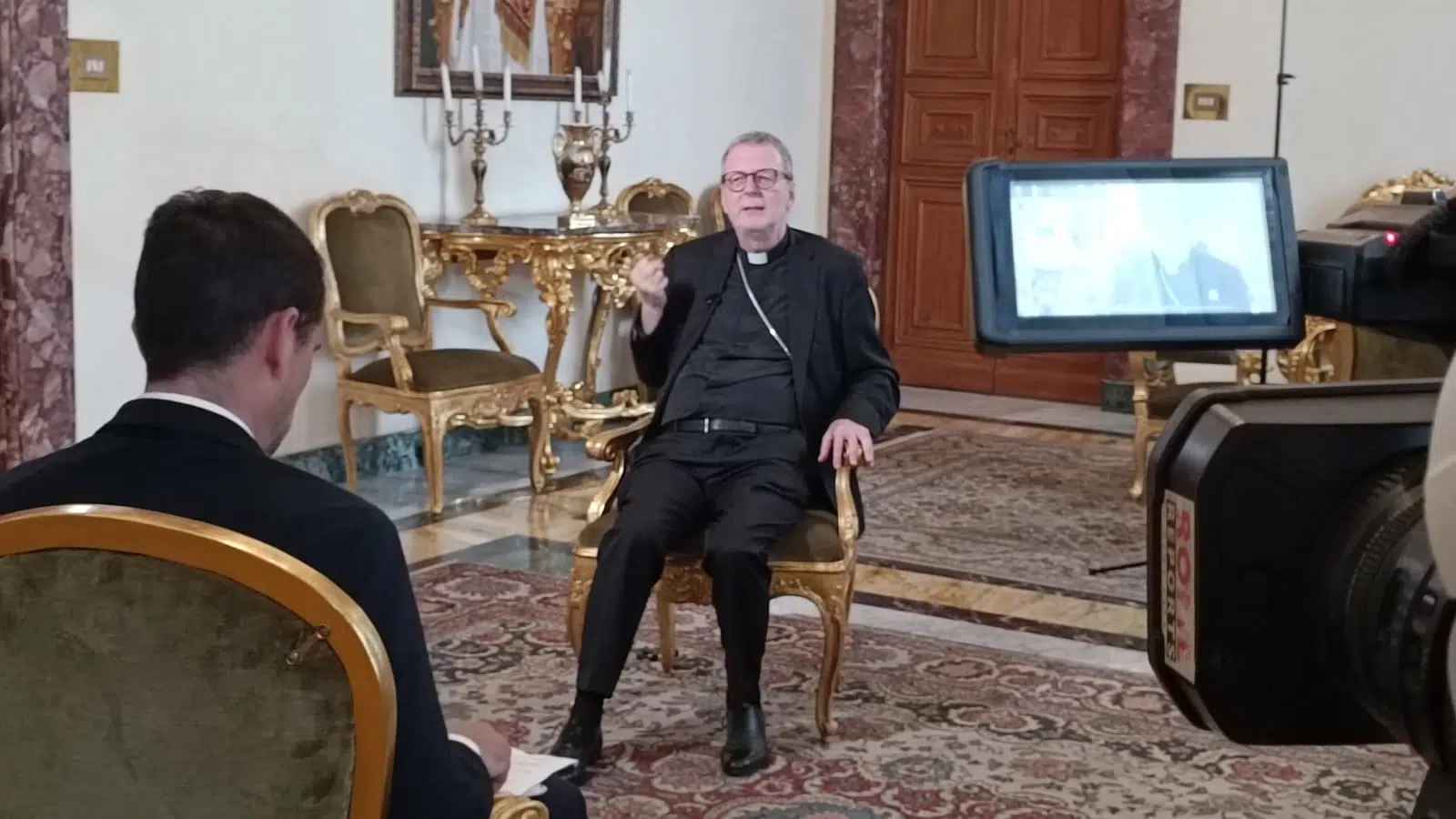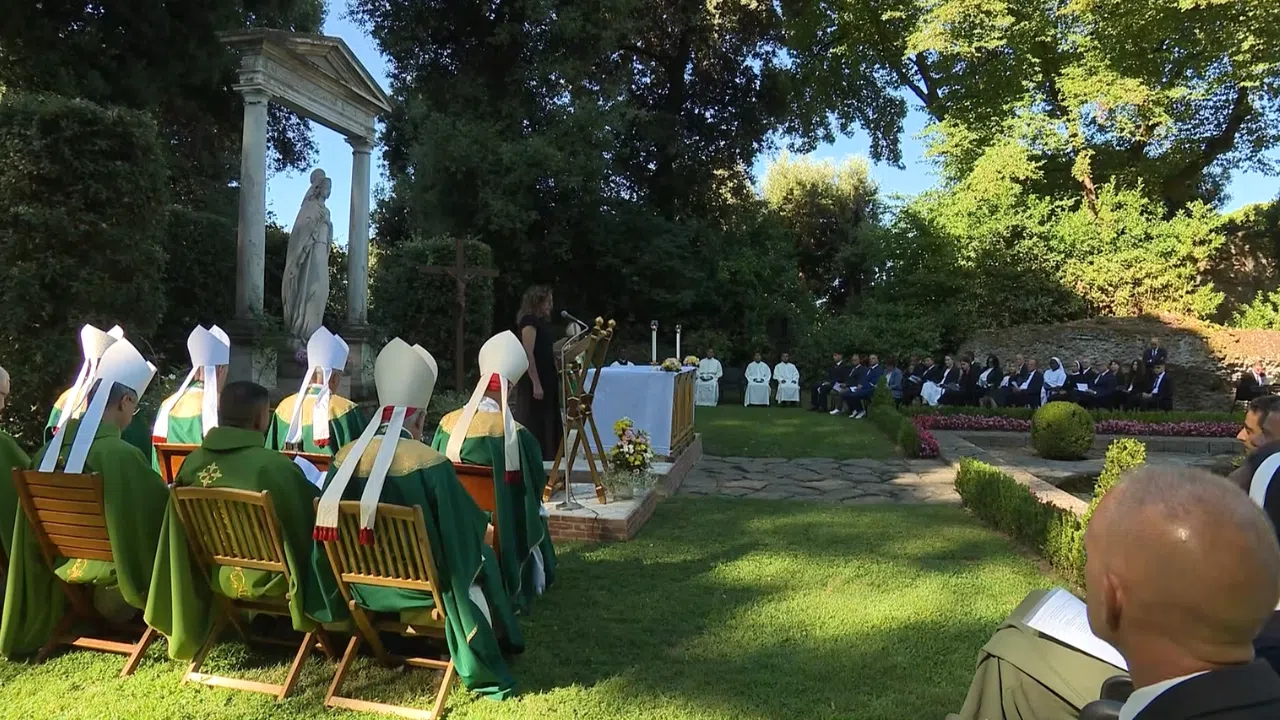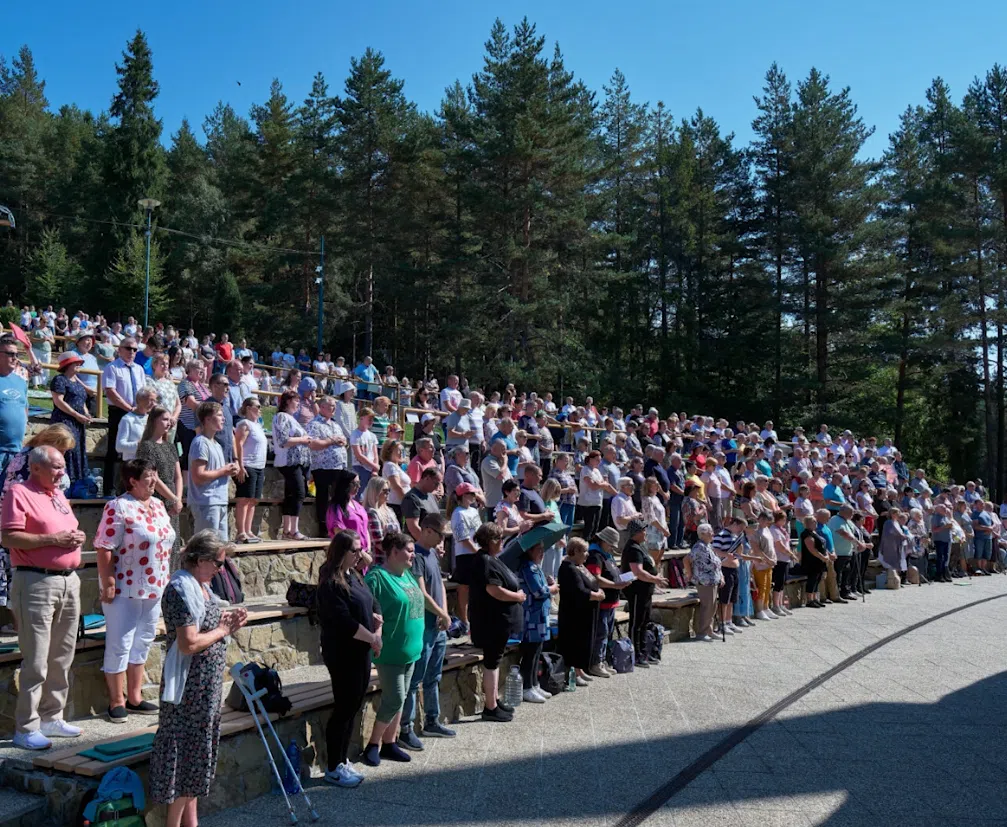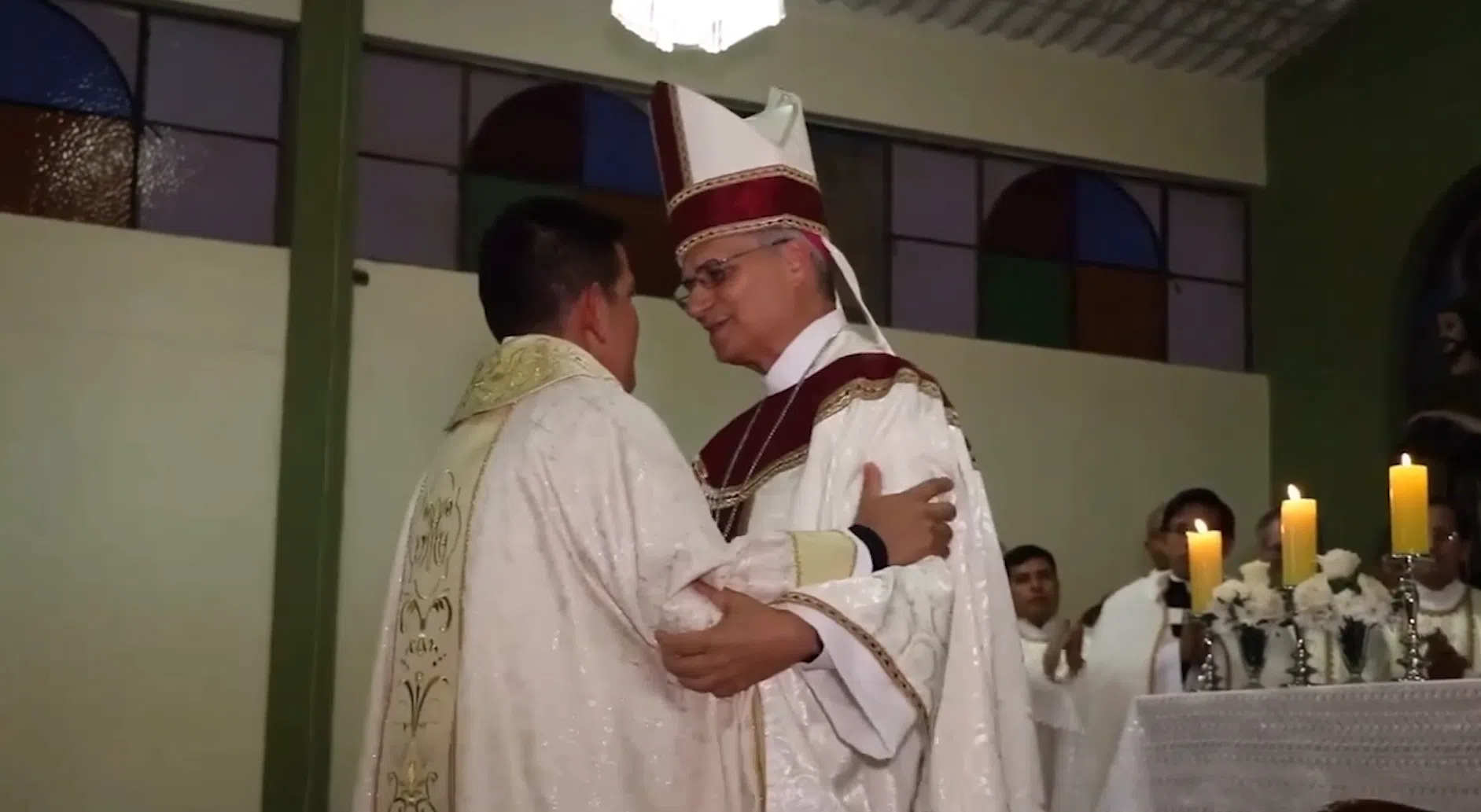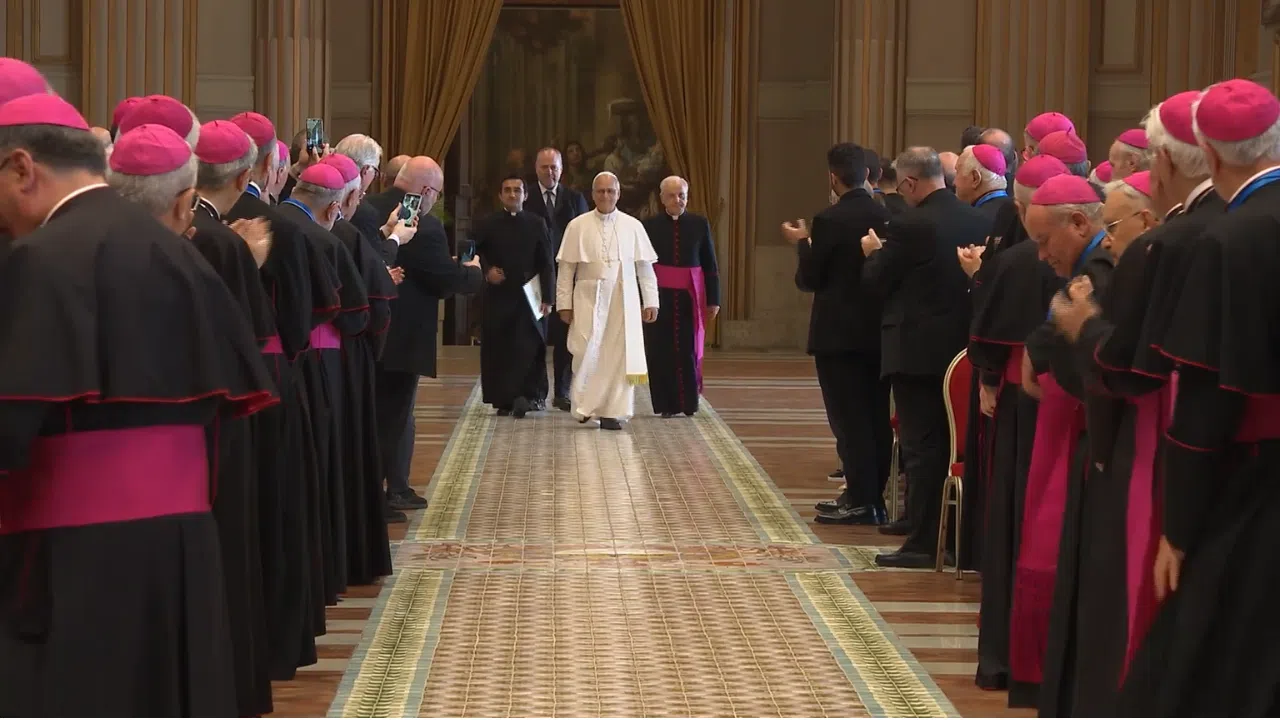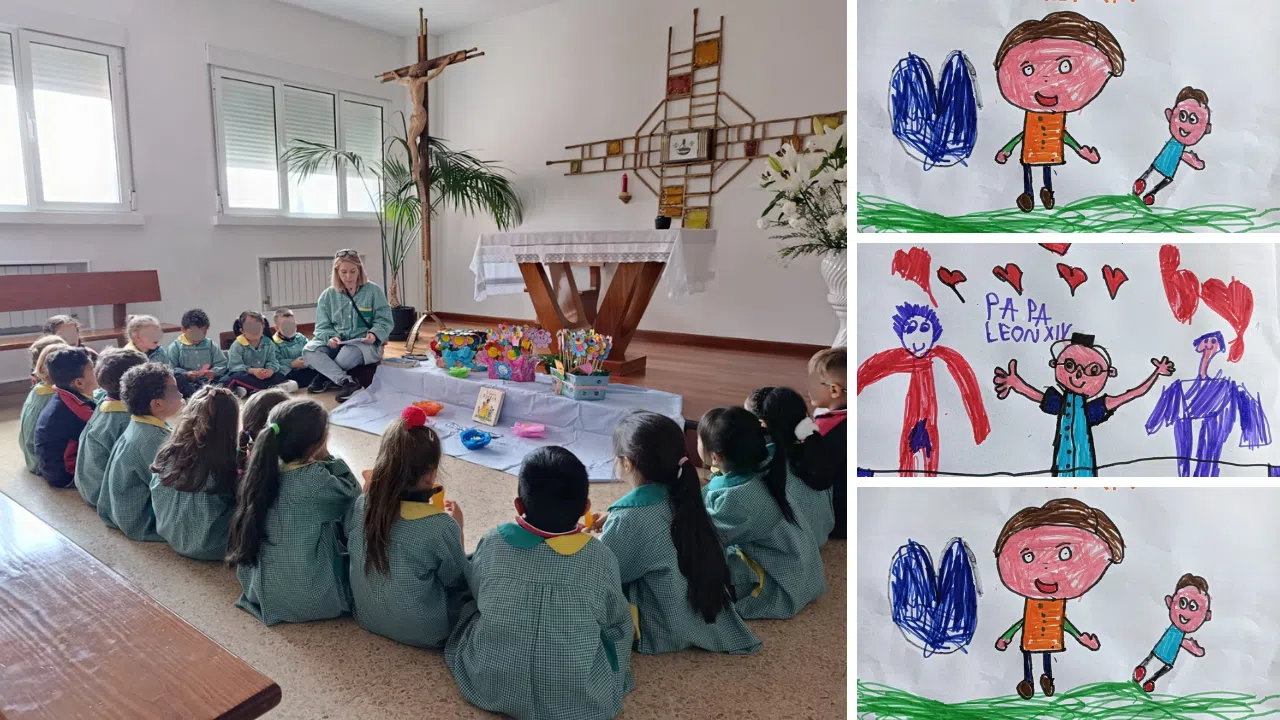Almost three decades have passed since the Rwandan genocide took an estimated 800,000 lives over the course of 100 days when the country's Hutu tribe extremists waged war upon the minority Tutsi community. Today, the Hutus still live with the weight of their parents' guilt.
IMMACULÉE ILIBAGIZA
Rwanda genocide survivor
I see that there is a guilt that is carried by almost a tribe of people. It really needs somebody spiritually strong to be able to separate that. And someone healed spiritually to be able to separate that and to be able to say “okay, people of my tribe have done that but I did not do anything.
Imaculée Ilibagiza survived the genocide because she hid in a priest's house who belonged to the Hutu tribe. She said her faith led her through unimaginable hours of despair.
IMMACULÉE ILIBAGIZA
Rwanda genocide survivor
It truly was my faith that saved me.
Faith was everything. So, when I went to hide, we were 8 women in a bathroom of 3 by 4 feet. And the man who hid us was from the Hutu tribe. So with that, I remember when I separated from my father. He handed me a rosary. He gave me the rosary, that's what I was left with. And before we separated I never said “oh, take a rosary” as were separating. I had given away rosaries before, but not as saying bye. So I understood in that moment that this is it, this is what I am going to have to hold on to.
Faith not only personally saved Immaculée, but also plays an essential role in the reconciliation process in Rwanda. She recalled the testimony of Father Ubald.
IMMACULÉE ILIBAGIZA
Rwanda genocide survivor
He would teach them how to apologize. Wow, he really was good at that.
For example in Rwanda, he would tell the survivors: “Forgive. If you don´t, you are always going to carry a huge luggage over your shoulders. That you have to let go. And then he would go to teach to the side of the killers and he would tell them “you need to ask for forgiveness and if you don't, you are still tied in the eyes of God, unless you are forgiven by another person too. You just can't go to apologize to God, you also have to apologize to people.”
Along with other reconciliation initiatives, Rwanda implemented a system of community justice called Gacaca courts. They select a person of authority who listens to the testimonies of people who regret their involvement in the genocide. Together, they search for a solution to repair the damage caused.
PA
TR: AT


